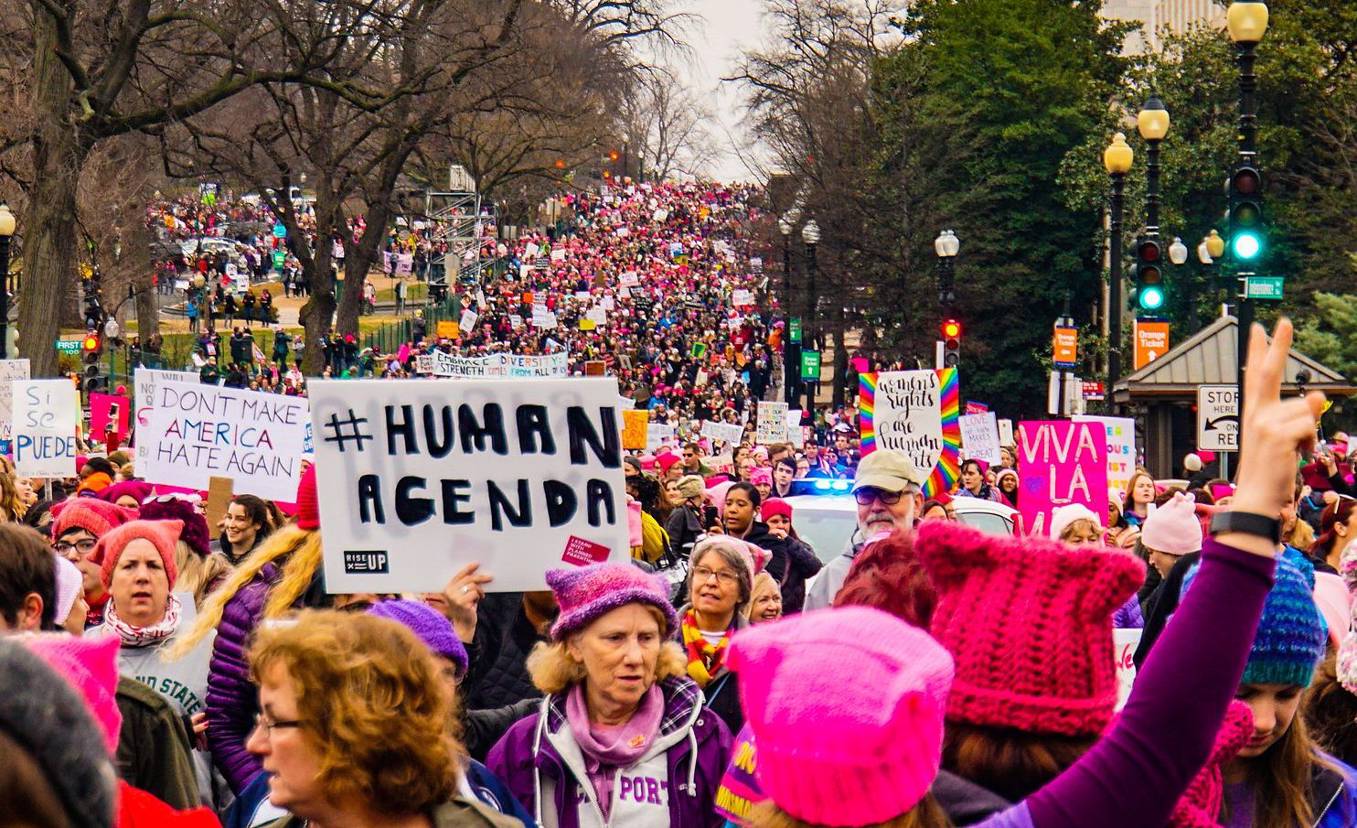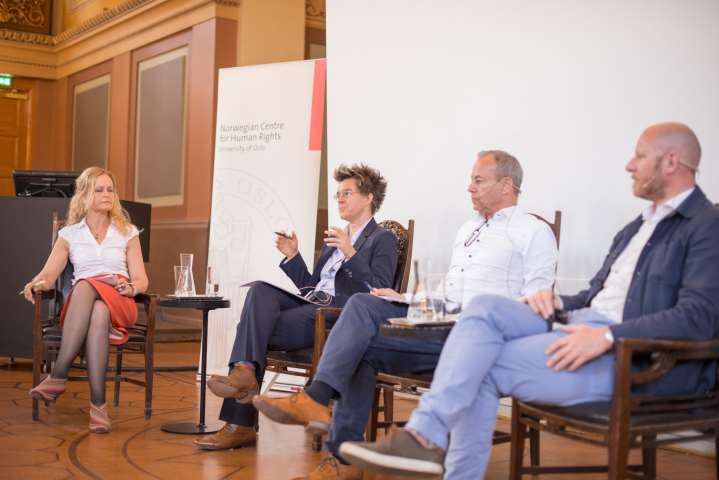
In the aftermath of President Donald J. Trump’s inauguration on January 20th, we have seen a spate of resistance across the U.S., ranging from street protests to legal challenges. New alliances are formed, often across what just a few months ago would have been thought of as insurmountable political divides.
Over the past few years, we have seen a wave of new scholarship on civil resistance, much of it based on solid empirical research. Many of the findings run contrary to what is commonly expected, such as the finding that movements adopting non-violent techniques tend to be more successful than those that turn to violence, or the emphasis on cultivating sympathy within the state’s security apparatus as a key to success for non-violent resisters.
In this seminar, hosted by the Norwegian Centre for Human Rights at the University of Oslo and the Peace Research Institute Oslo (PRIO), we examine the ways in which the unfolding resistance in the U.S. extends or contradicts existing insights in the scholarship on civil resistance. What are the key challenges faced in movement-building? What are the obstacles to building and maintaining movement cohesion, to ensuring effective communication, and – ultimately – to gaining political leverage?
Erica Chenoweth is one of the world’s foremost analysts of civil resistance. She was listed by Foreign Policy in 2013 as one of the Top 100 Global Thinkers of the year "for proving Gandhi right," and received the Karl Deutsch Award (International Relations) for “the most significant contribution to the study of International Relations and Peace Research”. Chenoweth is Professor and Associate Dean for Research at the Josef Korbel School of International Studies at the University of Denver.
Oslo Lectures on Peace and Conflict
Inaugurating the Oslo Lectures on Peace and Conflict, this event is the first in a series co-hosted by the University of Oslo and the Peace Research Institute Oslo. The event marks the mutual commitment of the two institutions to collaborate in ensuring Oslo’s future as the leading hub for scholarly insight on peace and conflict, manifested in education, research, and interaction with policy-makers and practitioners, as well as engagement in public debate.
Pictures from the Event
Erica Chenoweth
Erica Chenoweth at the Oslo Lectures on Peace and Conflict. Photo: Ebba Tellander / PRIO
Erica Chenoweth

The Oslo Lectures on Peace and Conflict. Photo: Ebba Tellander / PRIO
Programme
Moderator
- Inga Bostad, Director, Centre for Human Rights, University of Oslo
Welcome
- Ragnhild Helene Hennum, Pro-Rector, University of Oslo
- Kristian Berg Harpviken, Director, Peace Research Institute Oslo
Keynote Speaker
- Erica Chenoweth, Professor, Josef Korbel School of International Studies, University of Denver
Panel Discussion
- Erica Chenoweth
- Scott Gates, Professor University of Oslo, Research Professor, Peace Research Institute Oslo (PRIO)
- Gisle Kvanvig, Programme Director Vietnam/ASEAN, Norwegian Centre for Human Rights, University of Oslo
NCHR & PRIO







